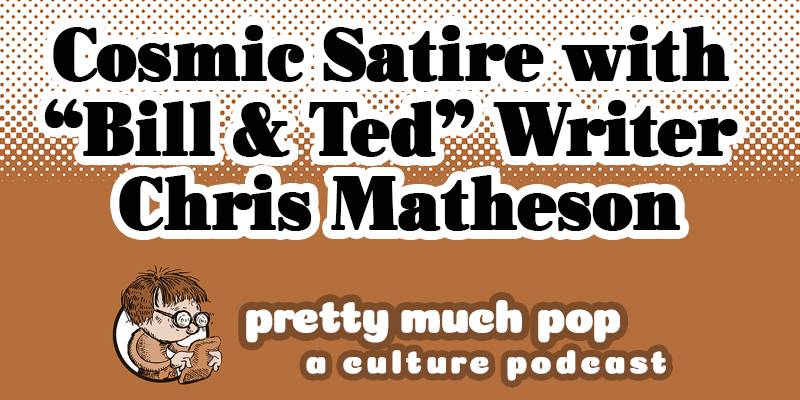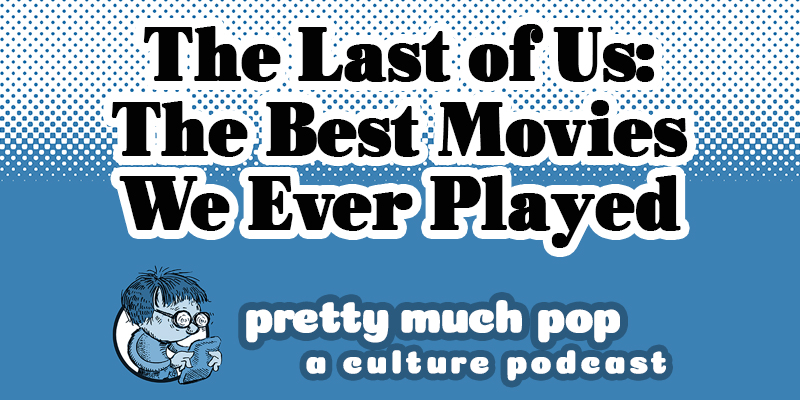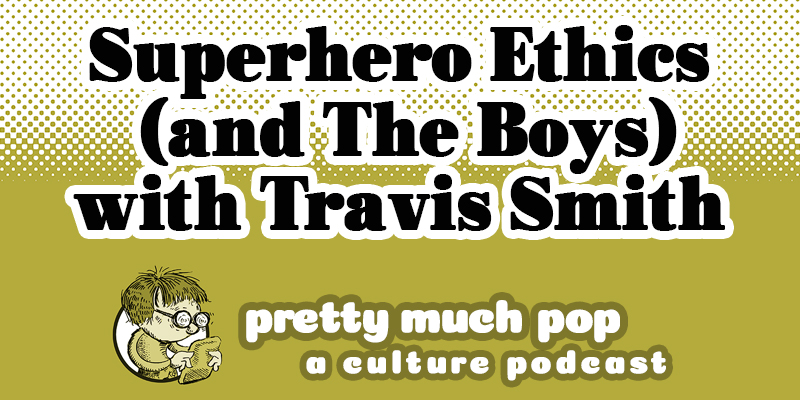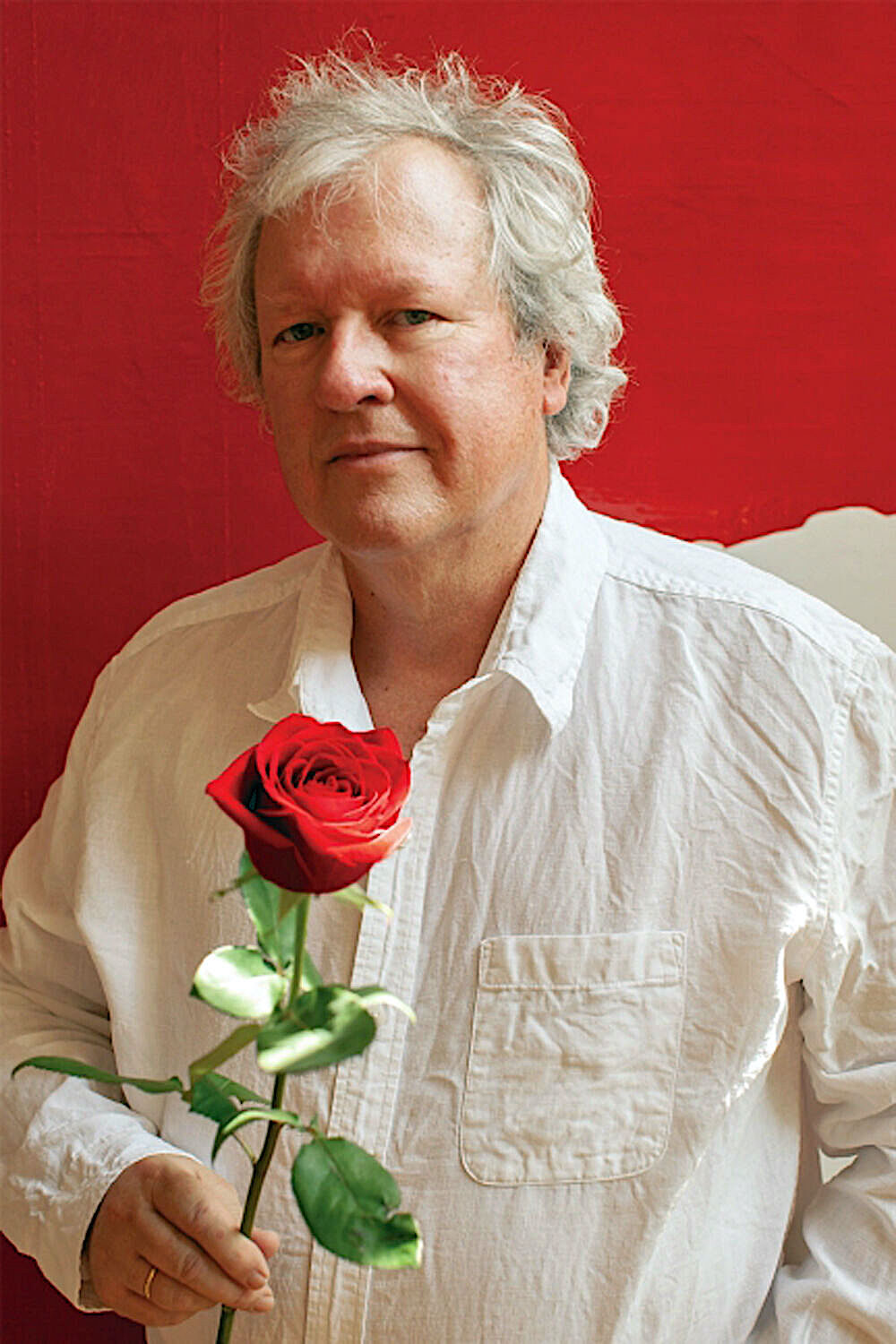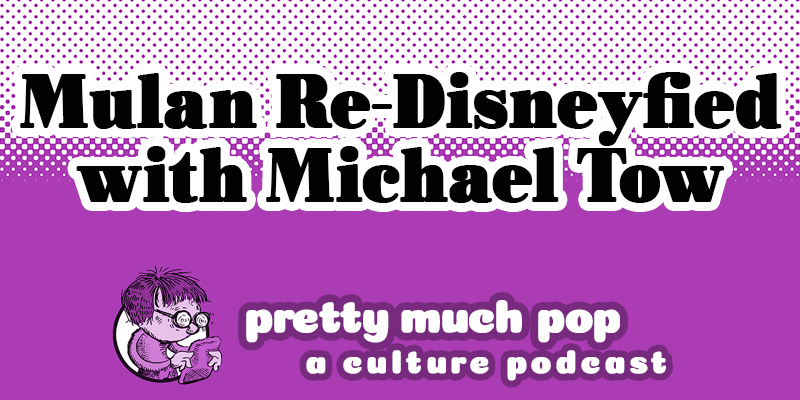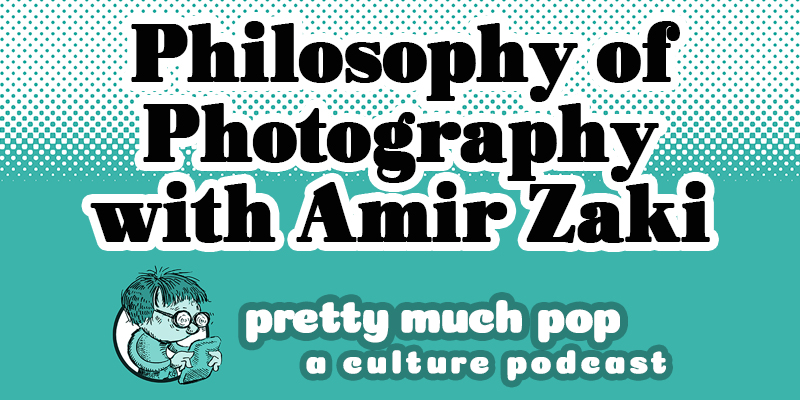Jazz multi-instrumentalist Edward Larry Gordon Jr. became Laraaji around the same time he started releasing meditative zither music in the late 70s and was then discovered by Brian Eno, who produced “The Dance No. 1” from Ambient 3: Day of Radiance (1980). Laraaji has since had around 40 releases of largely improvised music, and this interview (below) explores his approach toward improvisation on numerous instruments, playing “functional” music intended to aid meditation and reflection, and the evolution of Laraaji’s unique musical vision.
Each episode of Nakedly Examined Music features full-length presentations of four recordings discussed by the artist with your host Mark Linsenmayer. Here we present “Hold on to the Vision” and “Shenandoah” from Laraaji’s latest release, Sun Piano (2020), the single edit of “Introspection” from Bring On the Sun (2017), and “All of a Sudden,” a 1986 vocal tune released on Vision Songs, Vol. 1 (2017). Get more information at laraaji.blogspot.com.
Want more? Hear all of “The Dance No. 1.” Watch the live TV version of “All of a Sudden” we discuss, as well another episode of Celestrana featuring Dr. Love the puppet. Watch a similar, recent isolation stream also featuring Dr. Love and much more. Listen to the full glory of “Introspection” and the trip that is “Sun Gong.” Check out some live gong playing. Here’s a remix of “Introspection” by Dntel.
Find the archive of songwriter interviews at nakedlyexaminedmusic.com or get the ad-free feed at patreon.com/nakedlyexaminedmusic. This podcast is part of the Partially Examined Life podcast network.
Nakedly Examined Music is a podcast. Mark Linsenmayer also hosts The Partially Examined Life Philosophy Podcast and Pretty Much Pop: A Culture Podcast, and releases music under the name Mark Lint.
